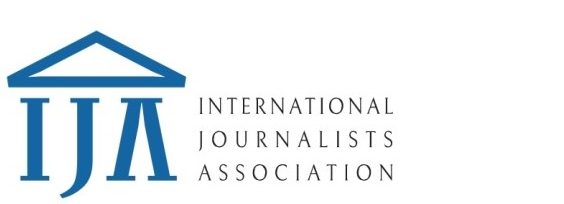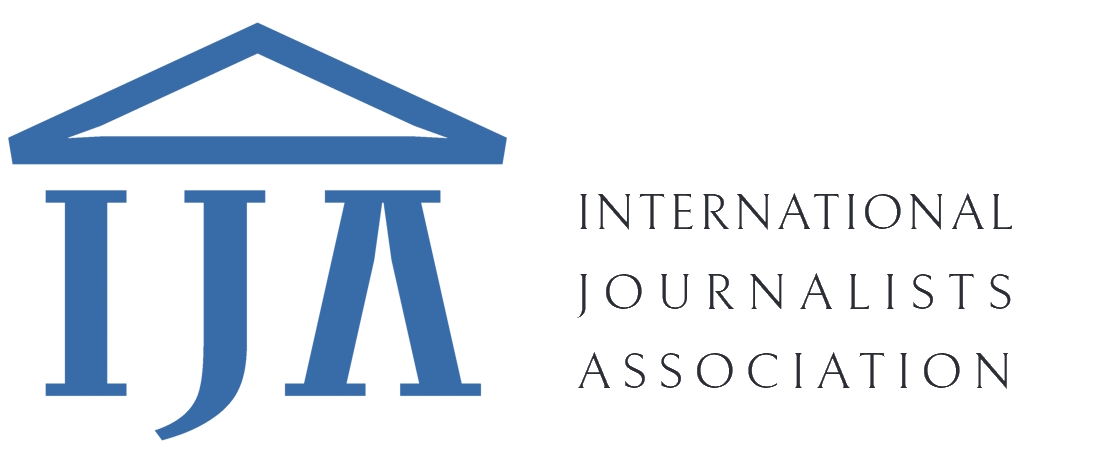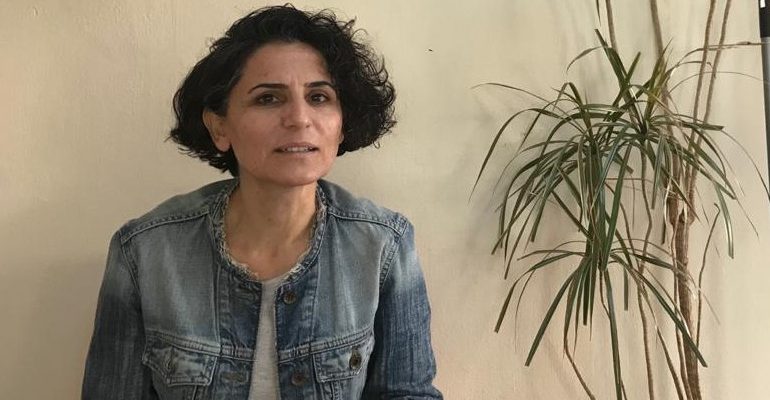Journalist Kibriye Evren, who spent 400 days in prison: We refrain from writing letters for solidarity with our colleagues in prison and even feeling that we are there for them. I think it feels like chore. In fact, we are establishing ties with the outside through that short letter that comes to us. However, the letters are a breath to us, you feel that you are not alone with every letter that comes. Unfortunately, I can say that journalists are a bit unfaithful.
“During my career, I followed the principles of journalism. With this file, journalism is tried to be illegalized. It should not be forgotten that everywhere women are in the field of journalism. ” These words belong to the journalist, Kibriye Evren, who was arrested 3 days after being detained on October 9, 2018 for reasons of his professional activities and social media posts, and remained in prison for 400 days. Evren, who is on trial for “organization membership” and “organizational propaganda” allegations, has traveled abroad, made social media posts and secret witness statements. We talked to journalist Evren about the process she lived in prison and the violations of her rights.
“My feeling of loneliness flew away as I saw lives in needed to be touched”
Evren stated that she had a discussion with the police on the first day she went to prison, and when she said that their actions were irrational, she said that she got the answer from the police, “Don’t look for logic here.” Expressing his struggle with loneliness in the prison process, Evren said, “I faced so many irrational events every day from the moment I went to prison, which affected me very much. Also, as a journalist who is always on the field, prison thought at first glance that it is a very narrow and closed place. How can I do here? I had a deep sense of loneliness. As I talked with women in detention, I saw that there were different lives, women’s stories and lives that needed to be touched.
“I made news that covered the stories of those women”
Evren says that it is not difficult to reach the news in prisons as a news source with every journalist reflex and everybody as a source of news, and that she first reported about the violations of women in prison. Stating that there are women from all walks of society, all ages and professions, Evren said, “I have done news and interviews that cover their life stories. Also, there are a large number of sick prisoners in prisons and their treatment is not done in a healthy way.
“I have made news to make them visible and to create more sensitivity about the right to access health,” she said, saying that she did not prevent the prison from doing her profession. Stating that the prison days were intense and she was constantly running to do things.
Evren continues her words as follows: “I got up at six in the morning and was doing sports. We were having breakfast at seven and a half. After personal and ward cleaning, you concentrate on the individual. During this time, I have read some of the books that I want to read outside couldn’t have a time to read. I had the opportunity to research some topics. Again, I continued to follow the daily politics and read the newspaper better. We also had discussions on daily developments. I honestly never missed good movies, I created a lot of documentary watching time for myself. We did literacy studies with friends who were not able to read and write. In other words, if a person is systematic enough, her time in prison is full. ”
‘We were dreaming of going to Dersim with women in prison’
Stating that he missed Dersim (Tunceli) the most during his stay in prison, Evren said that he dreamed of listening to the voice of the Munzur river with his friends in the prison, saying, “Drinking water in Ana Fatma, Munzur flowing with white foams, majestic mountains, clean air and Seyid. I miss sitting in Rıza park and drinking tea… I missed shooting that beautiful and painful geography of Kurdistan with my camera. ”
‘I was getting letters not only from politicians but also from forensic prisoners’
Evren states that he had received a large number of letters during his detention and reported all the letters he had received. Stating that the letters received are not only sent from political prisoners, but also from forensic prisoners, Evren said, “Even if you are in prison as a journalist, the view of others does not change. They see you as someone who needs to bring your voice, extortion and violations to the public rather than a prisoner. So they’re giving you a mission there. The violations of rights, especially in the western prisons, were very intense and more letters came from there. Lawyers do not go for months and years, they do not have the chance to meet their families face to face for years. Therefore, they want to announce their voices and events through you. “
“Prison” in Turkey means extortion of rights
Evren states that violations of rights continue increasingly, especially in F-type and high-security prisons. Emphasizing that there are widespread and deepened isolation practices in all prisons, Evren explains the violations of rights as follows: “For example, your written and verbal appeal against harassment, insult, maltreatment, extortion by prison staff turns them into impunity, and the prisoner as a heavy penal sanction. For example, a cell penalty is issued. You can get communication, not going out for sports, seeing penalties due to singing stran in Kurdish, dancing folk dances. You have difficulty in reaching basic human and female needs. It is also tragicomic to have this in a women’s prison. You are also being watched in your living spaces with the camera for twenty-four hours. Cameras that see most private places.. Our letters were censored (we were saying ‘we were beeped’) or even not handed out if they don’t want it to. There was a book quota, for example, and each prisoner has the right to have 10 books. Hot water for bathing was given only for one hour and one day apart. For example, there were 12 women in my ward. Sick prisoners were not treated properly and cannot reach health. The dishes were not hygienic and oily, and very poor quality materials are used. Almost most of the prisoners have stomach and intestinal problems. Yeni Yaşam newspaper was not given. Stationery materials were very limited. Wherever you look from it, they want to de-identify and pacify prisoners through arbitrary enforcement and violations of rights. This is exactly what the police call us ‘don’t look for logic’. ”
‘We , opposition journalists, make the others visible’
Explaining that opposition journalists are at risk of arrest at any moment, Evren said, “We constantly get criticized what we write, say, and share, and expose the mistake and make those hidden from the society visible. The ones with whom we extend our microphone are others that the current power does not want to see, ignores, restricts their rights and freedoms, and suppresses their voices and demands. We opposition journalists make the others visible. It was no surprise for me that I was arrested. Especially if you are a Kurd, woman, called Kızılbaş (redhead) and journalist, you have to be prepared to be arrested at any time. ”
“Which part of the trial could be fair?”
Evren stated that she was detained for 13 months without showing any evidence, “Every journalist would do what I did, wherever she/he is. What are these? She travels in Turkey and abroad to follow the news, creates news sources, follow the work of non-governmental organizations and political parties and you erode the doors of these institutions. If you are a journalist working in a women’s agency, you will meet with women activists for every activity related to women, and follow their activities. Because of all this, which part of the trial be fair? Lawlessness has been done since the beginning of the prosecution and it is still continuing. ” According to Evren, journalists cannot be ‘members of an organization’ because they only perform their professions. Evren continues his words as follows: “I communicated with other journalist friends in prison and received valuable messages of solidarity. You know, I took part in a hunger strike for 168 days. Therefore, I received letters from all prisons, from outside, my colleagues abroad, women and youth, which nourish my soul, brain and body and add to my resistance. They were all meaningful and full of hope. It was letters that strengthened my spirituality, morale and motivation. I send my love to all those who feed me with their letters and good wishes and do not leave me alone. One of the things that impressed me the most during this process was the unity, solidarity, and common spirit of the hunger strike, which was about 168 days in prisons and 200 days outside. It was the resistance against deepened and generalized isolation that started from İmralı and spread to the whole society. I witnessed what happened outside during the 2012 hunger strikes, but it was very different to be in prison and involved in the process, it had a spiritual aspect.
“I felt as light as a bird”
Evren, who learned that she was released during the trial, said, “It was written on the screen of the computer in front of me that I was evacuated. I did not even hear what the judge said after reading the article. I experienced two emotions at the same time. First of all, I felt as if a huge burden was on me and I felt as light as a bird. At the same time, I thought about friends who were in prison. It is then that after all my experiences and my testimonies, I said, “I shouldn’t be old me anymore,” and shares the feelings she had at the time of evacuation.
“What are we doing for violations done to our colleagues?”
She stated that she would continue his profession from where she left off and that she did not consider another alternative for himself. Evren said that there are 114 imprisoned journalists in Turkey. Stating that thousands of journalists are unemployed, Evren said, “What are we doing for injustice and unlawfulness applied to our colleagues? Although some institutions have made a voice at this point, but have efforts, they are insufficient. There is no organized stance. We even refrain from writing letters in the name of solidarity with our colleagues in prison and even feeling that we are with them. I think it feels like a chore. In fact, we are establishing ties with the outside through that short letter that comes to us. However, the letters are a breath to us, you feel that you are not alone with every letter that comes. Unfortunately, I can say that journalists are a bit unfaithful in this regard. ” she points out that journalists are inadequate in terms of solidarity.
“Turkey is a country of contradictions”
Lastly, Turkey is the country of contradictions and confused, she said the current government’s head. Evren said, “On the one hand, under the name of the judicial package, it presents the laws that already exist in the existing constitution but do not implement, as if it were a new judicial reform. For example, “statements of opinion that do not exceed the limits of reporting and criticism are not a crime” are already in the constitution. Bringing a regulation in the constitution and putting it in the penalty does not mean reform. We are faced with an understanding that sees the criticisms made and every word of the opposition as a crime. Who said it, against whom, it is what solely looked at. The important thing is to change and democratize the mentality in this judgment. With this jurisdiction package, they are doing hope trafficking over both the detainees and their families. In fact, they want to distract the society by deflecting the agenda. Now what could Melike (Aydın), Ruken (Demir), Sadiye (Eser) and Sadık (Topaloğlu) have done outside of journalism? They say that journalism is not a crime once again by saying that “they are our colleagues who have worked together for years and even in the same agency”.
Source: Seda Taşkın, MLSA Turkey





















